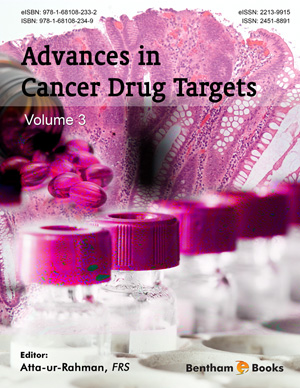Abstract
Melatonin has oncostatic effects on different neoplasias, particularly on estrogen-dependent breast cancer, by interacting with estrogen-responsive pathways, thus behaving as an antiestrogenic hormone. In MCF-7 (a human breast adenocarcinoma cell line), melatonin reduces both expression and activity of estrogen sulfatase, thus modulating the local estrogen biosynthesis. In order to investigate the in vivo sulfatase-inhibitory properties of melatonin, this indoleamine was given to ovariectomized rats bearing DMBA-induced mammary tumors also treated with estrone sulfate. In castrated animals, the growth of estrogen-sensitive mammary tumors depends on the local conversion of biologically inactive estrogens to bioactive unconjugated estrogens. Ovariectomy significantly reduced the size and the number of tumors while the administration of estrone sulfate to ovariectomized animals stimulated tumor growth, an effect otherwise abrogated by melatonin. The uterine weight of ovariectomized rats, which depends on the local synthesis of estrogens, was increased by estrone sulfate, being this effect abolished in those animals also treated with melatonin. The growth-stimulatory effects of estrone sulfate on the uterus and tumors depend exclusively on locally synthesized estrogens, since no changes in serum estradiol were observed in estrone sulfate-treated rats. Melatonin counteracted the stimulatory effects of estrone sulfate on sulfatase activity and expression and incubation with melatonin decreased the sulfatase activity of tumors from control animals.
Animals treated with melatonin had the same survival probability as the castrated animals and significantly higher than the uncastrated. We conclude that melatonin could exert its antitumoral effects on hormone-dependent mammary tumors by downregulating the sulfatase pathway of the tumoral tissue.
Keywords: Breast cancer, DMBA, Melatonin, Pineal, Sulfatase.














